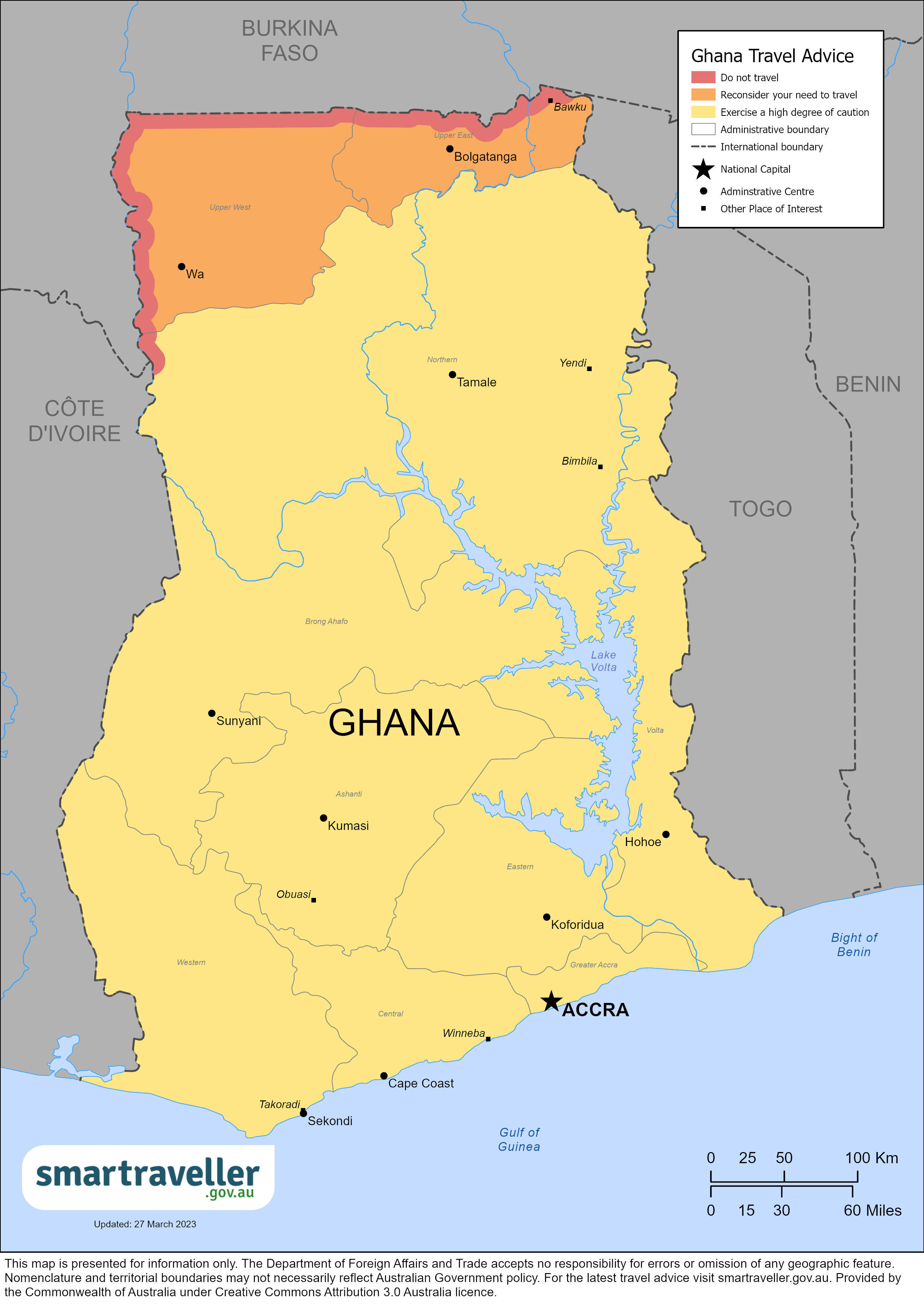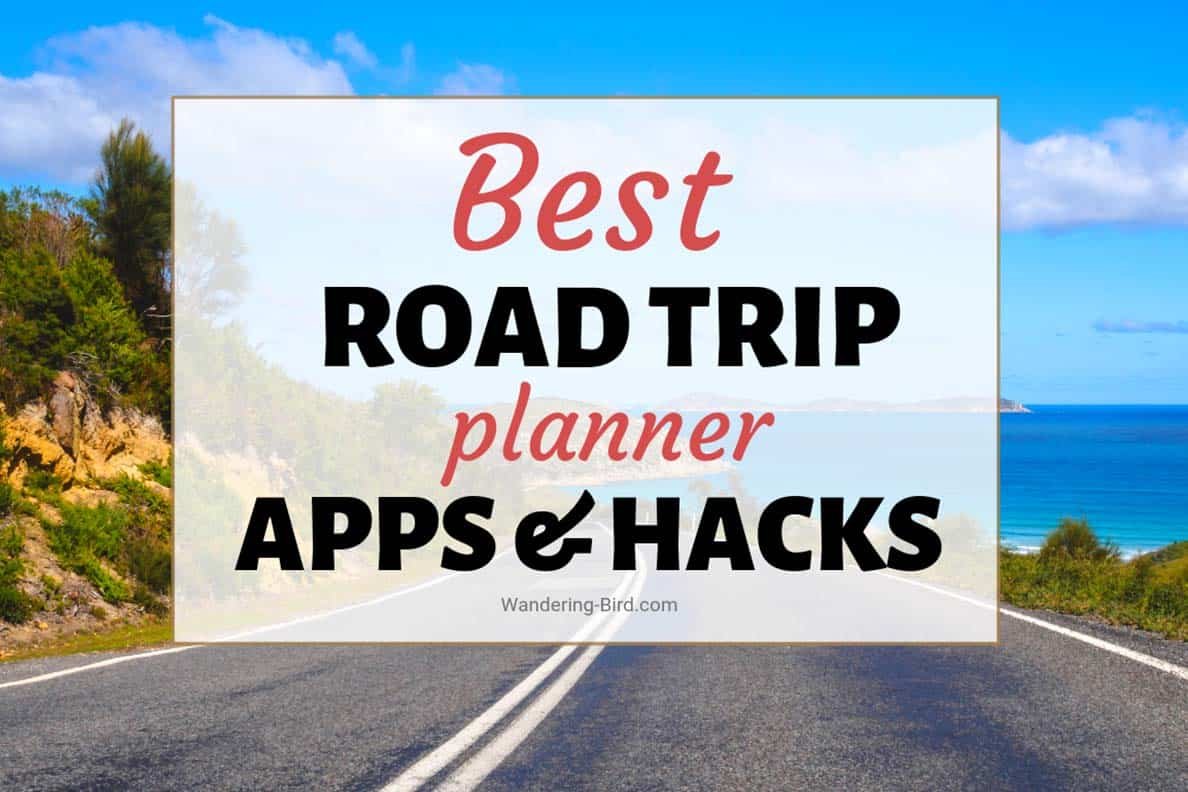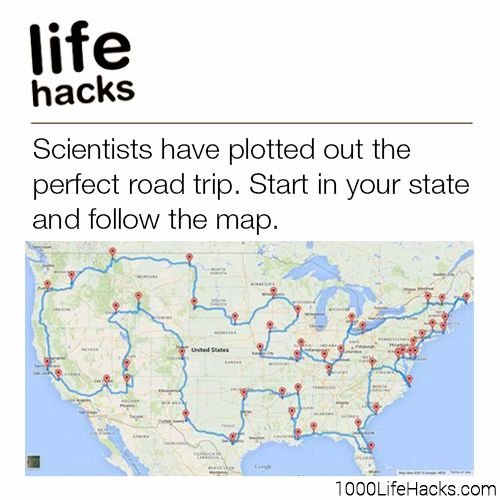Planning a road trip can be exciting. It allows you to explore new places and create wonderful memories. However, being prepared is crucial. This guide will provide you with essential road trip hacks and medical insurance tips for visitors.
Road Trip Hacks for a Smooth Journey
Here are some road trip hacks to make your journey enjoyable and stress-free.
1. Plan Your Route
Before you hit the road, plan your route. Use maps or GPS to decide the best path. This will save you time and fuel.
2. Pack Smart
Overpacking can be a hassle. Pack only what you need. Use packing cubes to organize your items.
3. Bring Snacks And Water
Road trips can be long. Bring snacks and water to stay energized and hydrated. Healthy snacks like fruits and nuts are great options.
4. Keep A First Aid Kit
Accidents can happen. Keep a first aid kit in your car. It should include band-aids, antiseptic wipes, and pain relievers.
5. Charge Your Devices
Make sure your devices are charged. Carry a car charger and extra batteries. This ensures you stay connected.
6. Entertainment For The Road
Long drives can be boring. Bring books, music, and games to keep everyone entertained.
7. Take Breaks
Driving for long hours can be tiring. Take breaks every 2 hours to rest and stretch. This will keep you alert.
8. Check Your Car
Before you leave, check your car. Ensure the tires, oil, and brakes are in good condition. This helps avoid breakdowns.
Medical Insurance Tips for Visitors
Medical emergencies can happen anytime. Having medical insurance is important for visitors. Here are some tips to consider.
1. Understand Your Needs
Know what kind of coverage you need. This depends on your health, age, and travel plans.
2. Compare Plans
There are many insurance plans available. Compare different plans to find the best one. Look at the coverage, cost, and benefits.
3. Check For Exclusions
Every insurance plan has exclusions. Read the fine print to know what is not covered. This will help avoid surprises.
4. Emergency Services
Check if the plan covers emergency services. This includes ambulance rides, hospital stays, and emergency surgeries.
5. Prescription Coverage
If you take medications, check if the plan covers prescriptions. This can save you a lot of money.
6. Network Of Doctors
Some plans have a network of doctors. Make sure there are doctors available in the area you are visiting.
7. Customer Support
Good customer support is important. Choose a plan that offers 24/7 support. This is helpful in case of emergencies.
8. Read Reviews
Read reviews from other travelers. This will give you an idea of the plan’s reliability and service.
Frequently Asked Questions
What Are Essential Road Trip Hacks?
Pack snacks, keep a first-aid kit, and plan rest stops.
Do Visitors Need Medical Insurance?
Yes, medical insurance protects against unexpected health issues during your trip.
How To Choose Travel Insurance For Visitors?
Compare plans, check coverage details, and read reviews.
Can Travel Insurance Cover Medical Emergencies?
Yes, most travel insurance plans include emergency medical coverage.
Conclusion
A road trip can be a wonderful experience. By following these road trip hacks and medical insurance tips, you can ensure a safe and enjoyable journey. Plan ahead, stay prepared, and make the most of your adventure.

Credit: www.lonelyplanet.com

Credit: www.smartraveller.gov.au
Frequently Asked Questions (FAQs)
| Question | Answer |
|---|---|
| What should I pack for a road trip? | Pack snacks, water, first aid kit, and entertainment items. Don’t forget your charger and extra batteries. |
| Why is medical insurance important for visitors? | Medical emergencies can happen anytime. Insurance ensures you get the care you need without high costs. |
| How can I compare different insurance plans? | Look at coverage, cost, benefits, and reviews. Compare multiple plans to find the best one. |
| What should I check in my car before a road trip? | Check the tires, oil, and brakes. Ensure your car is in good condition to avoid breakdowns. |
| How often should I take breaks during a road trip? | Take breaks every 2 hours to rest and stretch. This keeps you alert and reduces fatigue. |


